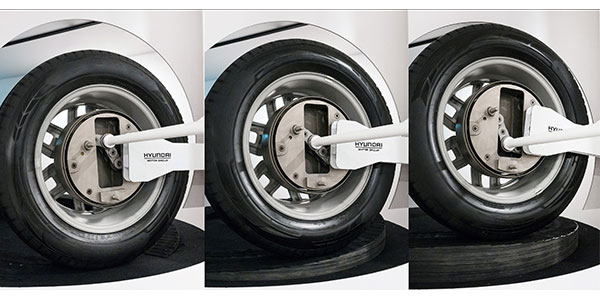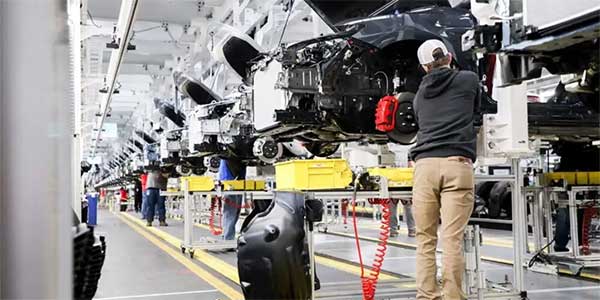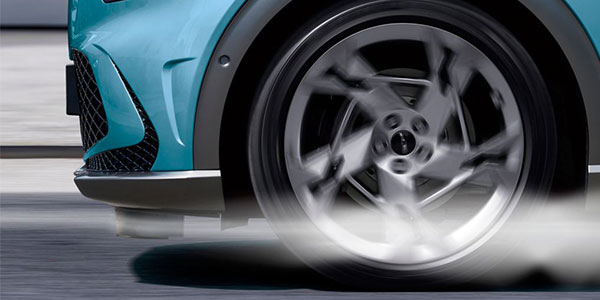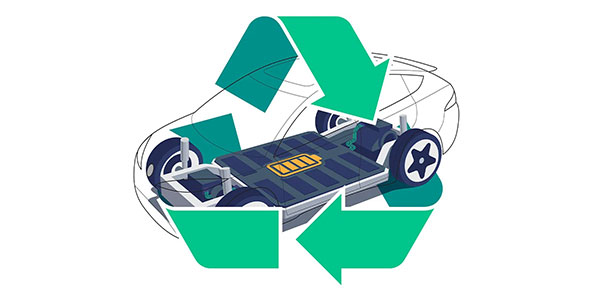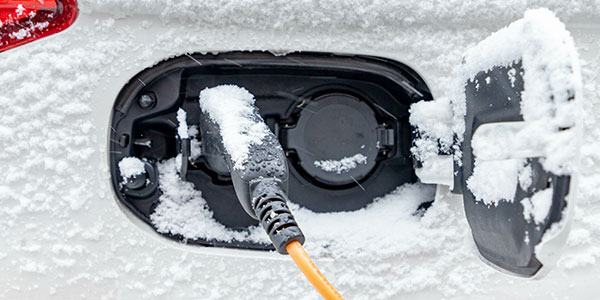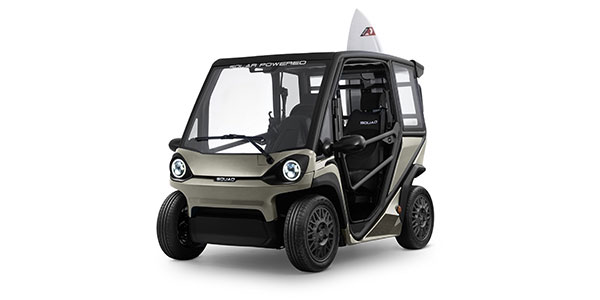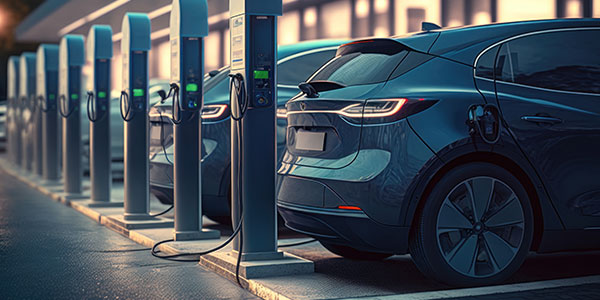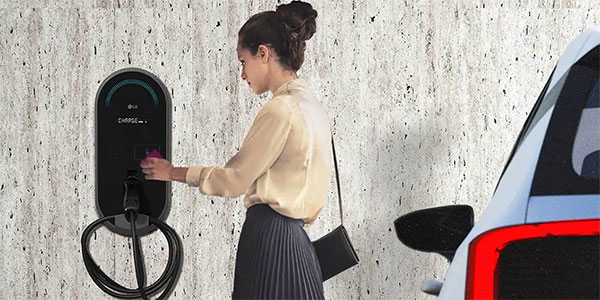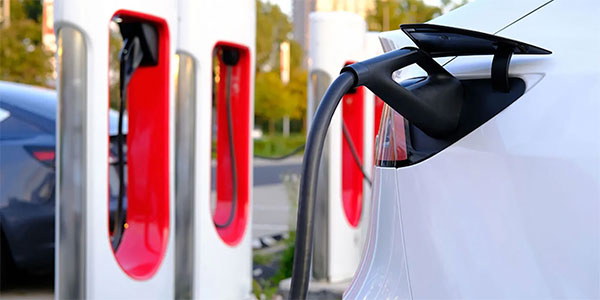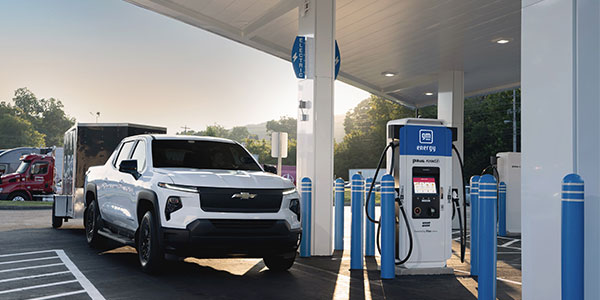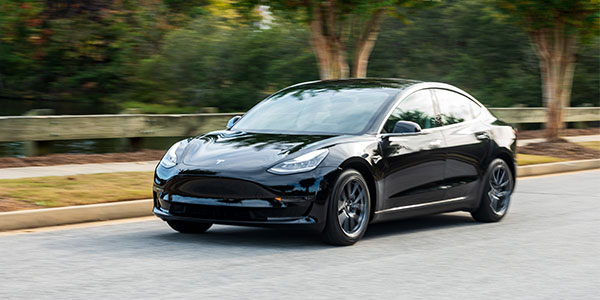SEOUL — Hyundai Motor Company and Kia Corporation have unveiled the Universal Wheel Drive System — called “Uni Wheel” — at “Uni Wheel Tech Day” in Seoul, Korea, the company announced in a press release.
Uni Wheel is a functionally integrated wheel drive system that dramatically improves available space inside an electric vehicle (EV) by moving the main drive system components to the vacant space within the wheel hub, the company stated.
In doing so, Hyundai Motor and Kia have designed a completely new structure for the drive system.
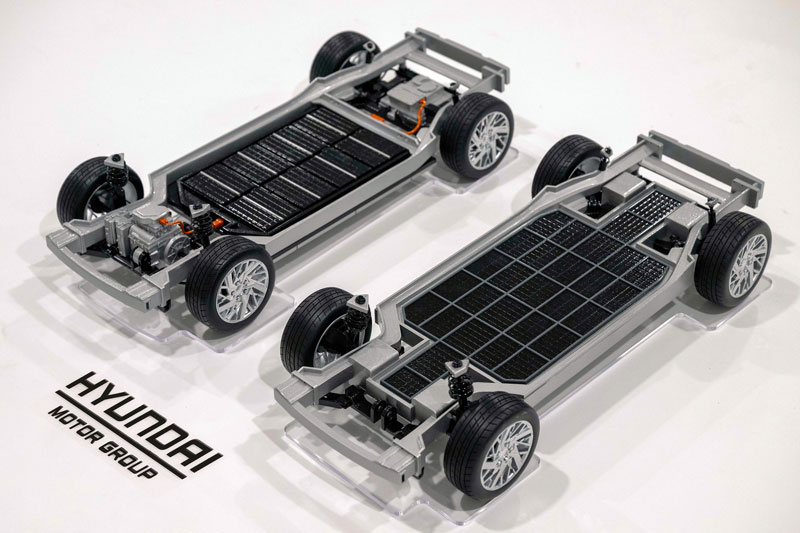
In internal combustion engine (ICE) vehicles power is transmitted from the engine through the transmission and to the wheels via drive shafts and constant velocity (CV) joints.
In EVs, the engine and transmission are replaced by a motor and reduction gear, but the final method of transmission to the wheels is the same.
Uni Wheel opens new possibilities and enables a flat-floor configuration by moving an EV’s reduction gear inside the wheel hub, locating a compact individual motor close to each wheel, reducing the length of the drive shafts.
The system frees up significantly more interior space compared with conventional drive systems, enabling future mobility products optimized for various applications, such as Purpose Built Vehicles (PBVs).
“We are pleased to showcase innovative ideas that could become game changers in the future mobility market,” said Jongsool Park, senior fellow at the Institute of Advanced Technology Development of Hyundai Motor Group. “We will perfect the technology so that customers can experience mobility in a completely different and new way.”
Recent advances in electrification, autonomous driving and connectivity technologies are transforming mobility products into living spaces.
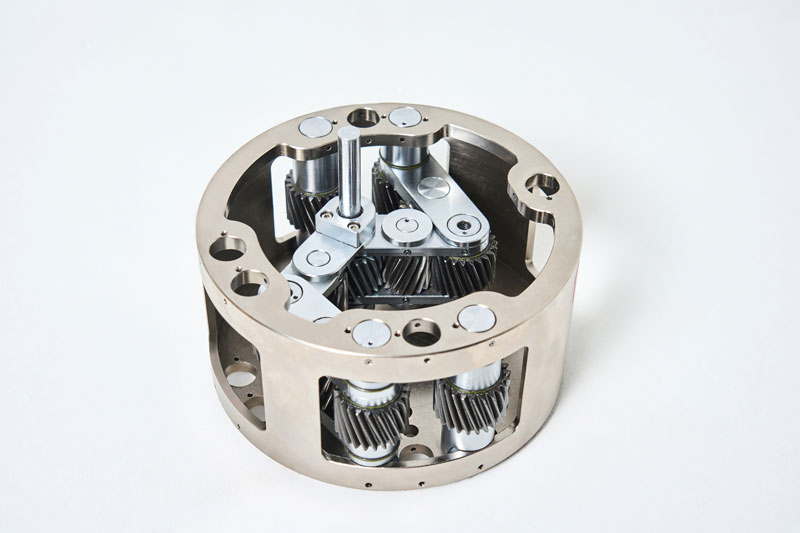
Hyundai Motor and Kia’s focus on space utilization in future vehicle architectures will further boost customer value and provide owners with richer user experiences as a result.
Uni Wheel uses a special planetary gear configuration consisting of a sun gear in the center, four pinion gears on each side and a ring gear surrounding this arrangement.
Power generated by the motor is transmitted to the sun gear, which in turn engages the pinion gears to rotate the ring gear.
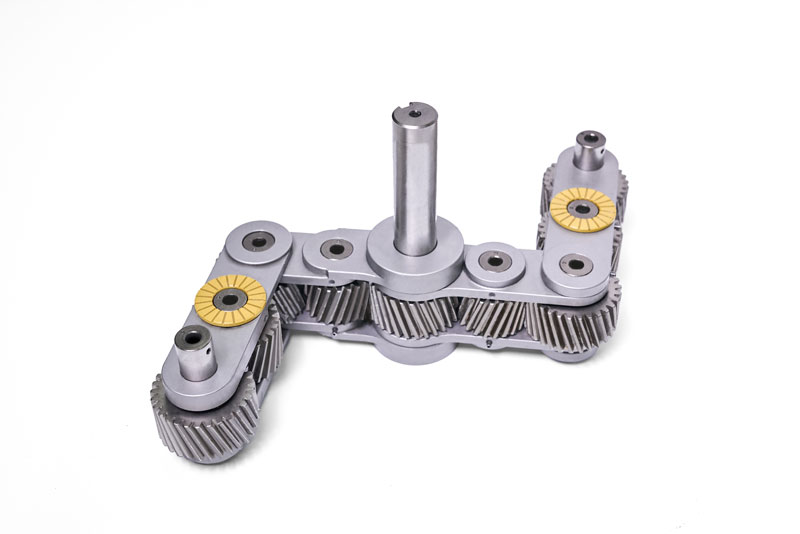
This is connected to the wheel to drive the vehicle.
Uni Wheel’s pinion gears are connected to each other to form two linkages, and this multi-link mechanism enables Uni Wheel’s multi-axis movement to allow a wide range of suspension articulation.
A conventional drive system using a regular CV joint suffers from a decrease in efficiency and durability as the angle of drive shaft deflection increases when travelling over bumpy, undulating surfaces.
Uni Wheel can transmit power with almost no change to efficiency regardless of wheel movement, ensuring high durability and ride comfort.
When combined with electronic air suspension that can adjust ride height according to the driving situation, this can be increased to stabilize the vehicle on rough roads, or decreased for high-speed driving to improve power and stability.
By moving the reduction gear to the wheel hub, Uni Wheel’s high reduction ratio delivers a significant torque output and allows for a more compact electric motor.
With independent control of up to four efficient electric drive units, Uni Wheel also allows for unprecedented levels of torque vectoring to boost dynamic ability and deliver high levels of steering and driving stability.
The Uni Wheel concept frees up space within a vehicle that was previously unavailable to users.
By relocating many components of the drive system to the wheel hub and downsizing the electric motor with no impact on performance, the extra space made available within the vehicle body can be utilized as additional cargo room, such as a larger trunk or a “frunk.”
It’s also possible to move away from conventional seating arrangements designed around the driver, creating new interior layouts and designs for the era of fully autonomous driving.
Utilizing this space to improve battery capacity can also improve driving range, meaning users can achieve the range of a large EV without the physical size of the vehicle growing.
The developments Uni Wheel allows will also significantly increase passenger space.
EV batteries are conventionally located low down in a vehicle’s body, which requires a raised ride height, often reducing passenger space by the volume of the battery.
However, Uni Wheel optimizes battery packaging, with the loss of passenger space minimized.
This will be a valuable feature for PBVs, which need to maximize interior space by offering a low, flat-floor design.
The flat-floor platform enabled by Uni Wheel allows for strong flexibility and scalability when it comes to PBVs, enabling the design of various body types depending on the intended use case.
Uni Wheel is highly flexible and easily adaptable to all types of EVs, including regular passenger and high-performance EVs, as the system can implement the same powertrain and reduction gear functions required for conventional EVs.
In addition to vehicles of various sizes, Uni Wheel can also be applied to other types of mobility devices, such as wheelchairs, bicycles and delivery robots.
Depending on the requirements of these different forms of mobility, Uni Wheel can be scaled to work with wheel sizes as small as 4 inches and as large as 25 inches or more.
In addition, Uni Wheel’s ability to move the rotation axis of the wheel makes it possible to create forms of personal mobility that can climb stairs as smoothly as an escalator.
Hyundai Motor and Kia are continuously verifying the stability, efficiency, and durability of Uni Wheel through various tests to perfect its development and will continue efforts to improve its efficiency by adjusting the reduction gear ratio, and upgrading the lubrication and cooling system.
Hyundai Motor and Kia have applied for and registered eight patents related to Uni Wheel in South Korea as well as the United States and Europe.
More information and detailed visual representations of the innovative Uni Wheel drive system can be found here: https://www.youtube.com/watch?v=Nd6C0y8xc20.
More information about Hyundai Motor Group can be found at http://www.hyundaimotorgroup.com.

